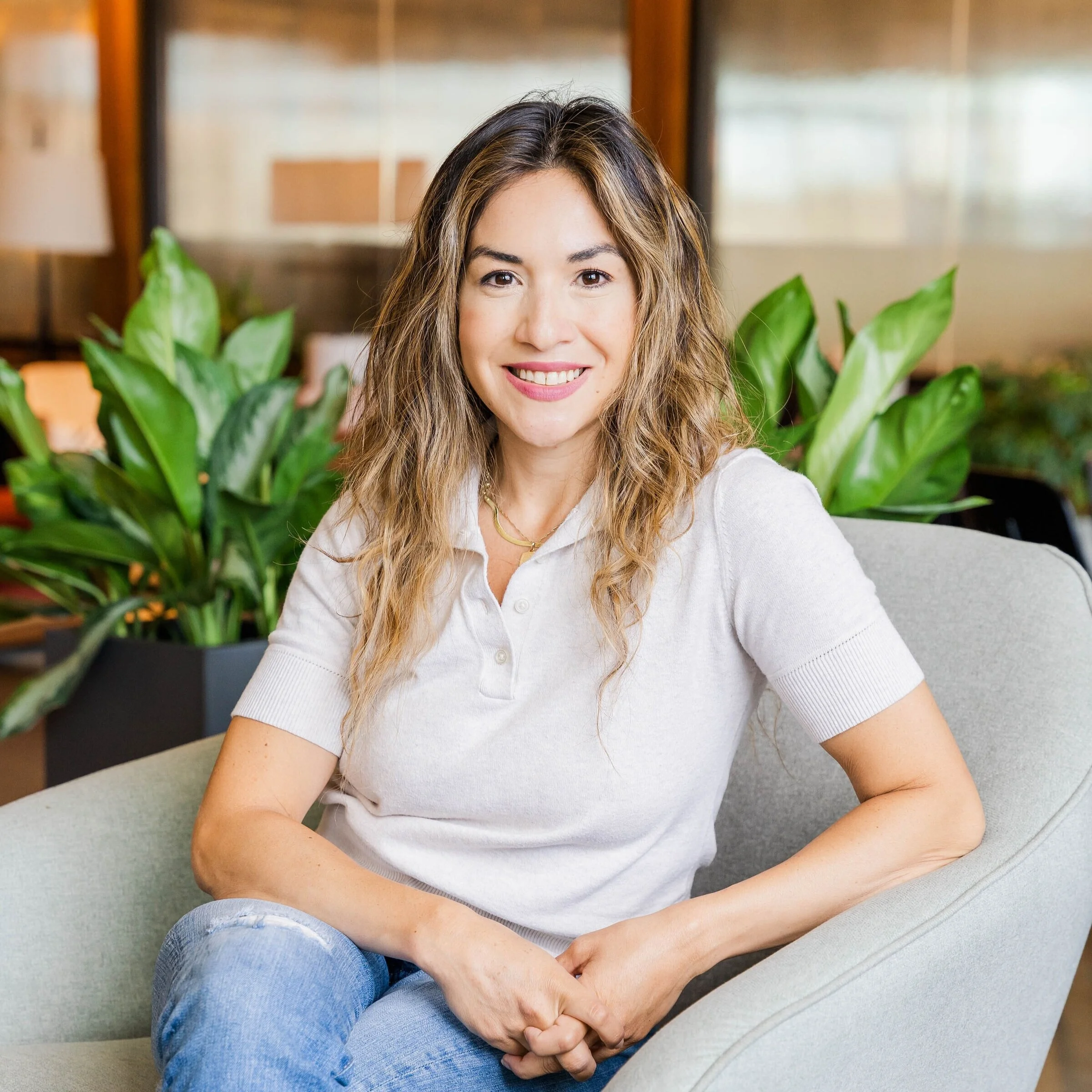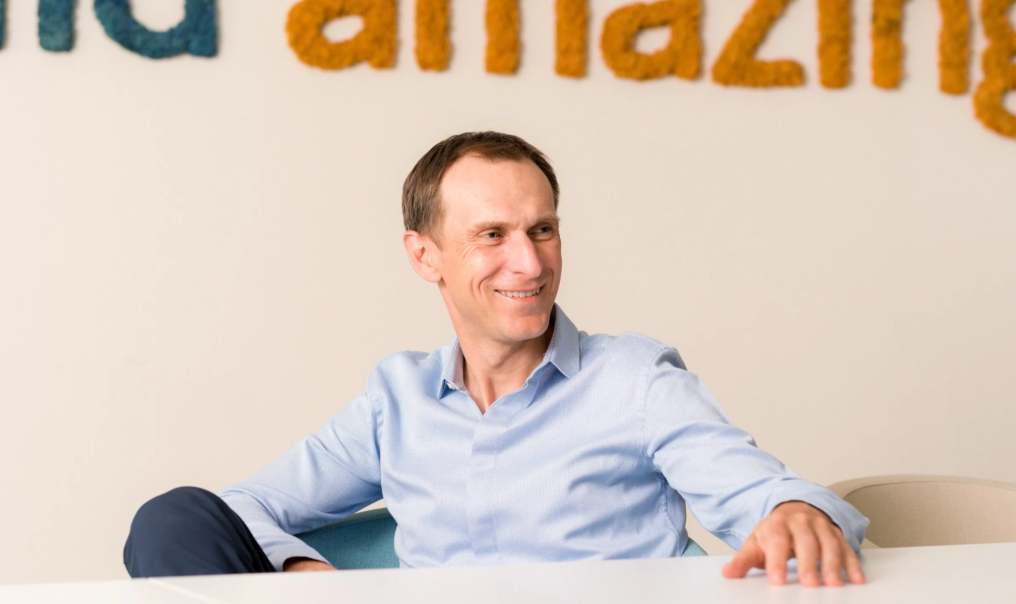Askar Musakunov and Adina Tilek, his wife and co-founder, prefer a nomadic lifestyle. They don’t think twice about switching cities or disappearing to Qatar for 6 months. For them, slowing down to create a foundation is completely out of their comfort zone.
“It's very hard to get out of your roots, and we have no roots here,” he explains. “It's very easy for us to move anywhere; nothing is holding us down.”
The source of Musakunov’s travel preferences connects back to when he immigrated to the United States from Kyrgyzstan — where Tilek is originally from as well.
Once there, a 17 year-old Musakunov was handed an enormous amount of responsibility. As with many other immigrants, his family only had enough money for a one-way ticket, so there was no room for error.
“You come here then you have to figure everything out,” Musakunov explains. “I worked as a butcher, Adina used to be a cleaner in a fashion house. We built this character of being responsible for ourselves, plus for our parents and family from back home.”
Through his experiences, Musakunov learned how hard work and dedication would help him reach any goal in America. Over time, he came to realize the full scope of his potential.
Before starting WEDEVX, Musakunov worked as a software engineer at Chicago Mercantile Exchange Group. He was then hired as a lead software engineer at Apple. But it was a tough climb up the ladder.
After graduating with his computer science degree, Musakunov couldn't land an internship in his field. He soon found that his university didn't provide him with the skills and knowledge to land his first tech job.
It wasn’t until Musakunov signed up for a six-month coding boot camp that he found his first computer science role. Then, he connected with Tilek at a different boot camp. So, naturally, their first venture together ended up being a coding boot camp.
After the co-founders decided they had enough of teaching, they attempted to hire qualified replacements, but found it nearly impossible to locate any. This is when they dreamt up the concept of WEDEVX. They wanted to give engineering graduates and students the insight and tools to find employment with top companies that would otherwise be out of reach.
“We faced this chicken and egg problem within the hiring space,” Musakunov explains. “Companies want experienced people. Fresh graduates want to gain experience, but companies don't want to hire new people. That's why you end up with a lot of graduates not landing their software engineering roles.”
The next step was to secure funding. After Tilek applied WEDEVX to different investors, a Singaporean-based accelerator invited them to a three-month program. They were one of five companies who were chosen for investment.
“For us, an accelerator was good because we are just entering the tech startup world from running a traditional business,” Musakunov says. “What you want to really seek out is people who will question you, who will ask questions that will make you think really hard.”
He adds, “even better, who will put ultimatums in front of you.”
For example, their first pitch to the accelerator was declared a “BS business model” and were told it would never become a billion-dollar company. They were told to start from scratch and given a week to meet these new standards. Despite the odds, they did it.
After taking that beating, Musakunov was simply grateful. It was a valuable lesson in understanding what is actually worth investing or believing in.
“It's going to be a 10-year, 20-year journey,” he says. “ Make sure it has all the potential to become a one-billion- dollar company.”
The most instrumental part to WEDEVX’s success was the co-founders’ prior industry expertise. But for those still learning, Musakunov suggests reaching out to founders who are currently or were recently in the same stage of fundraising.
“The market conditions for fundraising change every year,” explains Musakunov, highlighting how the latest insights for Series A startups won't be provided by a Series D founder.
But despite all his experience, there are still things he wishes were done differently.
Musakunov says the main mistake during the early days of WEDEVX came down to the selected talent. While their mission is to get engineers hired, they decided to rely on a team of junior engineers.
“It was cheaper, we all know it,” he admits. “I've been there, I'm that person. It's much cheaper, but you sacrifice quality a bit. But we had to make the decision and that's what we want to fix now.”
Musakunov also discovered how costly choosing quantity can be.
“Sometimes having one experienced engineer could be better than having five junior engineers, especially in the beginning,” Musakunov says. “Filling up your initial team with experienced engineers and team members before hiring juniors — that’s what we would change.”
“Don't compromise quality over speed,” he adds. “As long as you are providing a quality solution to people's pain points, business comes by itself.”
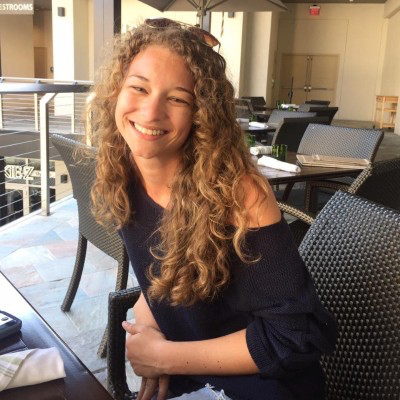
About the Author: Tess Danielson is a journalist and writer focusing on the intersection of technology and society.
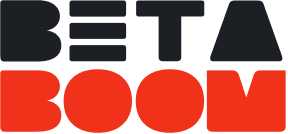
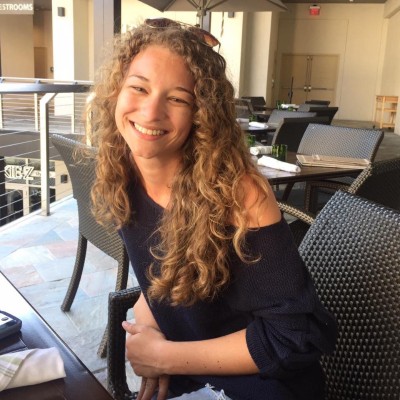
.png)
.png)
